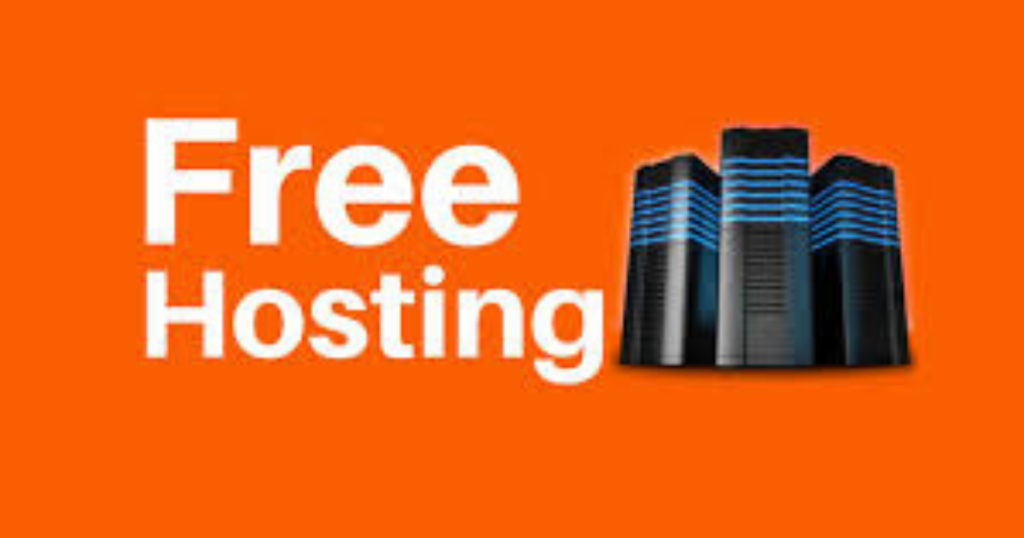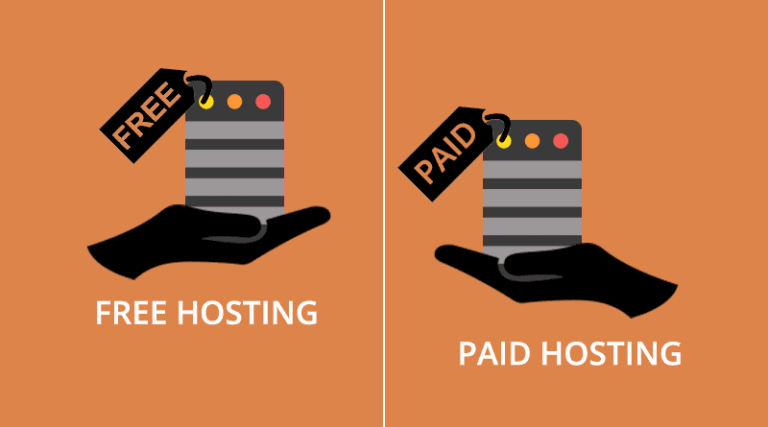Free vs Paid Hosting For E-commerce Startups
Starting an e-commerce business requires careful planning, especially when it comes to choosing the right hosting service. Your hosting platform plays a crucial role in the performance, security, and scalability of your online store. One of the biggest decisions startups face is whether to opt for free hosting or paid hosting. This article provides a detailed comparison of free vs paid hosting for e-commerce startups, helping you choose the best option for your business needs.
What is Website Hosting?
Website hosting is a service that allows individuals and businesses to make their websites accessible via the internet. Hosting providers allocate server space and resources to store website files, ensuring your site is live and accessible to users worldwide.
Free vs Paid Hosting For E-commerce Startups
For e-commerce startups, hosting is more than just making a website live. It directly impacts:
- Website Speed and Performance
- Security and Data Protection
- Customer Experience
- SEO Rankings
- Scalability
Choosing the right hosting type ensures your business runs smoothly and provides a seamless user experience.
Overview of Free Hosting
What is Free Hosting?

Free hosting services allow users to host websites without any upfront cost. These services are usually offered by companies looking to upsell premium plans or display advertisements on your website.
Features of Free Hosting
- Limited storage and bandwidth
- Subdomain usage (e.g., yoursite.provider.com)
- Basic security features
- Ads displayed on your website
- No customer support or limited support
Pros of Free Hosting
- No initial cost
- Easy setup
- Suitable for testing or personal projects
Cons of Free Hosting
- Poor performance and slow speed
- Limited customization options
- No scalability
- Vulnerable to security breaches
- Unprofessional domain names
Overview of Paid Hosting
What is Paid Hosting?

Paid hosting involves paying a monthly or annual fee for hosting services. These services offer more advanced features, better performance, and comprehensive customer support.
Features of Paid Hosting
- Custom domain name
- High storage and bandwidth
- SSL certificates
- Advanced security features
- Daily backups
- 24/7 customer support
- Scalability options
Pros of Paid Hosting
- Faster loading speeds
- Enhanced security
- Professional domain name
- Better customization options
- Reliable customer support
Cons of Paid Hosting
- Monthly or yearly subscription fees
- Requires technical knowledge (for some plans)
Performance Comparison
Speed and Uptime
- Free Hosting: Limited server resources result in slower load times and frequent downtime.
- Paid Hosting: Guaranteed 99.9% uptime with faster page load speeds.
Security

- Free Hosting: Basic security features with no dedicated SSL certificate.
- Paid Hosting: Advanced security options including SSL certificates, firewalls, and DDoS protection.
Customization
- Free Hosting: Limited themes and plugins.
- Paid Hosting: Full access to customization tools and plugins.
Scalability and Growth
Free Hosting
Free hosting services often come with resource limitations, making it difficult to scale your website as your business grows.
Paid Hosting
Paid hosting plans offer scalable resources, allowing you to upgrade storage, bandwidth, and performance as your business expands.
SEO and Professionalism
Free Hosting
- Poor SEO performance due to slow speeds and shared resources.
- Unprofessional domain names impact credibility.
Paid Hosting
- Better SEO rankings with faster performance and custom domains.
- Enhances brand credibility and customer trust.
Cost Comparison
| Feature | Free Hosting | Paid Hosting |
|---|---|---|
| Cost | $0 | Starts at $2/month |
| Storage & Bandwidth | Limited | High and scalable |
| Security Features | Basic | Advanced |
| Custom Domain | No | Yes |
| Customer Support | Limited | 24/7 |
| Scalability | No | Yes |
Which One is Best for E-commerce Startups?
While free hosting might seem attractive to save costs, it is not ideal for e-commerce businesses due to its lack of security, speed, and scalability. Paid hosting, on the other hand, provides the necessary infrastructure to ensure your online store runs smoothly and professionally.
Recommended Paid Hosting Providers
- Bluehost – Best for WordPress-based e-commerce
- SiteGround – Best for performance and security
- Hostinger – Best budget option
- A2 Hosting – Best for speed
- DreamHost – Best for privacy and transparency
Also Read: Free vs Paid Hosting Comparison 2025: Which One Should You Choose?
Conclusion
For e-commerce startups, investing in paid hosting is the best choice to ensure long-term growth, security, and customer satisfaction. While free hosting can be suitable for small personal projects, it lacks the performance, security, and features required to run a professional e-commerce business. Paid hosting offers better performance, customization options, and scalability, making it a more reliable solution for startups.
FAQs
1. Is free hosting suitable for e-commerce websites?
No, free hosting is not recommended for e-commerce websites due to limited security, poor performance, and lack of scalability.
2. How much does paid hosting cost for e-commerce startups?
Paid hosting plans typically start at $2 to $10 per month depending on the provider and features.
3. Can I switch from free hosting to paid hosting later?
Yes, most providers allow website migration to a paid hosting plan, but it may involve downtime and data loss if not done properly.
4. What security features should I look for in paid hosting?
Look for SSL certificates, firewalls, DDoS protection, and regular backups to ensure data security.
5. Which paid hosting provider is best for small e-commerce startups?
Hostinger is the best budget-friendly option for small e-commerce startups due to its affordability and performance.







